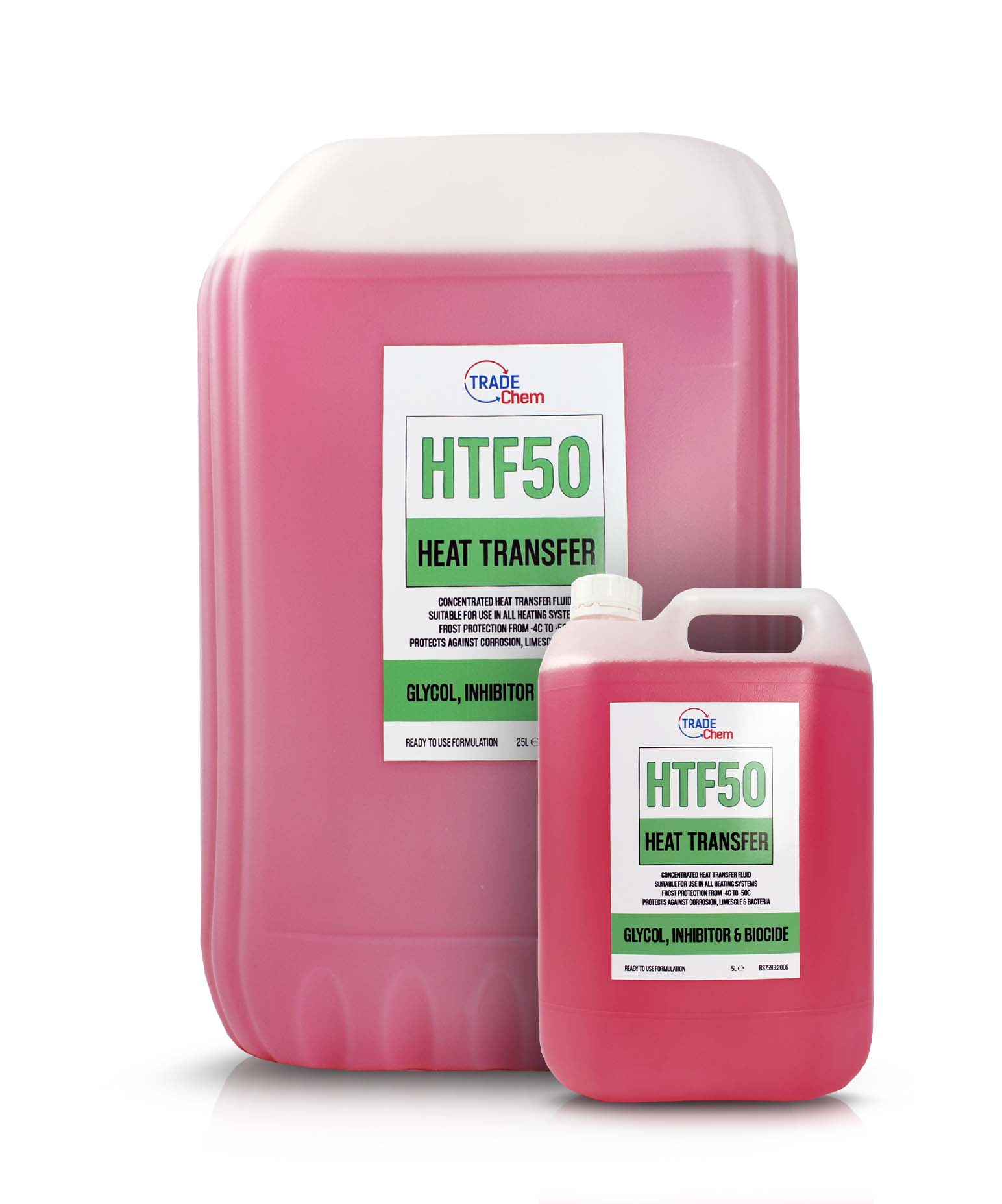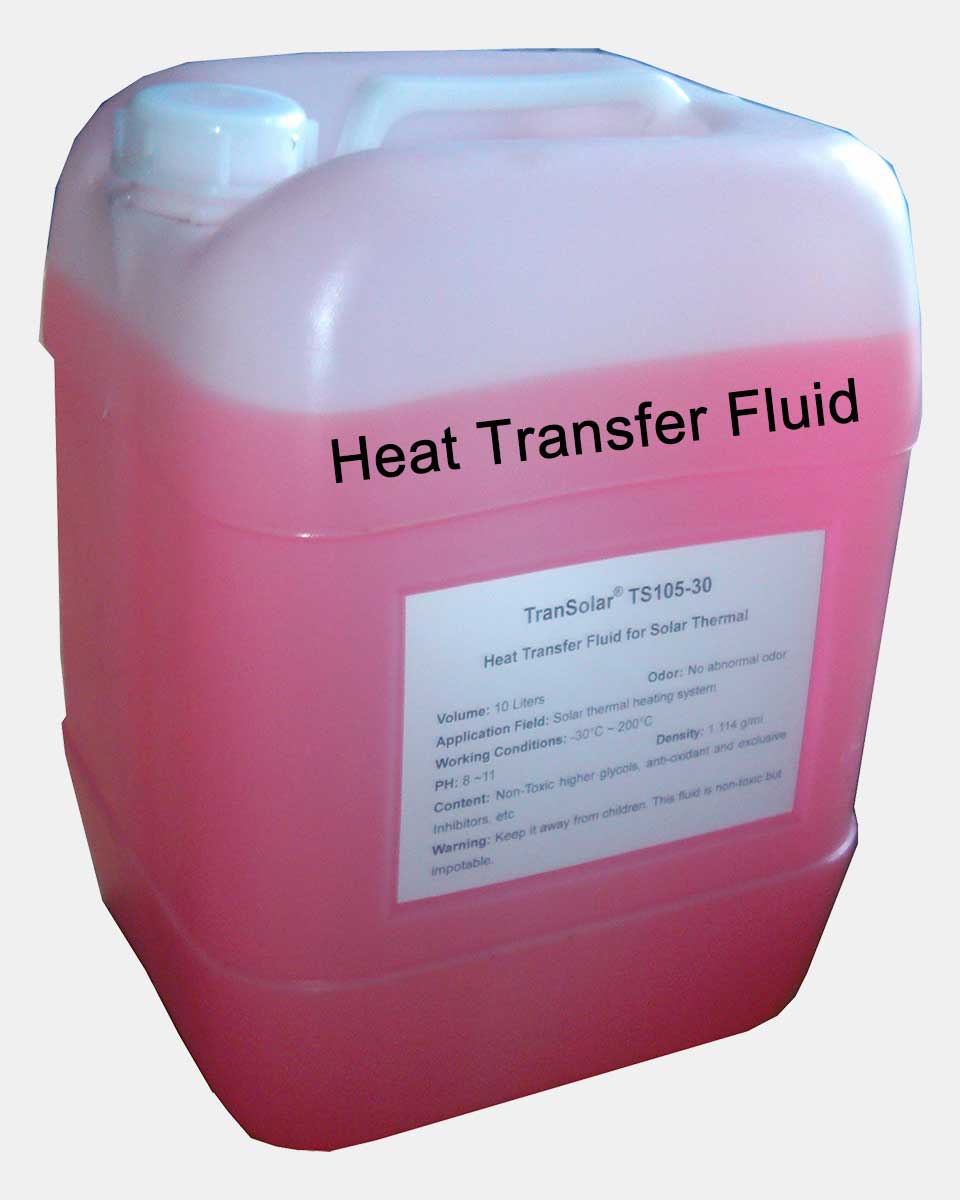Why Warm Transfer Liquid Is Essential for Optimizing Energy Transfer in Solution
The duty of warmth transfer liquids in maximizing power transfer is essential for accomplishing efficient thermal monitoring throughout different industrial sectors. These liquids assist in seamless heat exchange, making certain procedures operate within optimal temperature level arrays and alleviating the risk of overheating.

Duty in Thermal Monitoring
Warmth transfer liquids play an important function in thermal monitoring by successfully managing temperature levels in numerous commercial procedures and systems. These specialized liquids promote the transfer of warmth in between various parts, making certain optimum operating conditions and avoiding overheating. By preserving precise temperature control, heat transfer liquids enable sectors such as chemical manufacturing, oil and gas, and power generation to run securely and successfully.
The selection of a suitable warmth transfer liquid relies on several aspects, including thermal security, warm capability, and thickness. High thermal security guarantees that the fluid can stand up to extreme temperature levels without deteriorating, while a high heat capability allows it to soak up and release considerable amounts of warm - heat transfer fluid. Low thickness reduces the power needed for pumping, contributing to overall system performance
Additionally, warmth transfer fluids are indispensable in applications like refrigeration, where they help soak up and dissipate heat during the cooling cycle. In solar thermal power systems, these fluids capture and transport solar warmth to generate power or offer warm water. Their adaptability to diverse operating problems and ability to preserve regular thermal performance highlight their relevance in industrial thermal administration, promoting operational continuity and boosting safety procedures.

Enhancing System Effectiveness
To make the most of the advantages of thermal management, boosting system effectiveness via the calculated use warm transfer liquids is vital. These liquids play a vital duty in optimizing power transfer by facilitating constant thermal regulation, which consequently influences the overall performance and long life of systems. Efficient warmth transfer leads to lessened energy losses, minimized functional costs, and boosted reliability of devices. By keeping optimal temperature degrees, warmth transfer fluids assist ensure that systems operate within their created criteria, thereby stopping getting too hot and reducing the danger of part failure.

Sorts Of Warmth Transfer Liquids
The variety of warm transfer fluids underscores their vital role in a more info here variety of commercial applications, each customized to satisfy particular thermal management requirements. These liquids assist in effective energy transfer and are picked based upon essential homes such as thermal stability, thickness, and warm capability. The primary kinds include water, glycol services, oils, and synthetics, each offering distinctive benefits.
Water is the most common warmth transfer medium due to its high specific heat ability and inexpensive. Nonetheless, its use is limited by its cold and boiling factors. Glycol blends, typically used in heating and cooling systems, provide a reduced freezing factor, adding adaptability in different environments. Mineral oils are favored for their thermal security and non-corrosive nature, making them appropriate for high-temperature applications.

These liquids make sure remarkable efficiency in systems where standard fluids may stop working. The selection of a heat transfer fluid is vital, as it influences system efficiency, safety, and longevity.
Environmental and Economic Benefits
Utilizing the appropriate warm transfer fluids supplies considerable environmental and financial benefits for commercial procedures. Environmentally pleasant warm transfer liquids, commonly naturally degradable and safe, lessen the risk of dirt and water contamination in the event of leakages or spills, thus safeguarding communities and conforming with rigid ecological laws.
Financially, the right heat transfer fluid can dramatically minimize operational costs. Fluids with extensive lifecycle performance reduce the frequency of substitutes and upkeep, reducing downtime and associated expenses. Overall, the critical use of ideal warmth transfer fluids sustains lasting economic growth and ecological stewardship.
Choosing the Right Fluid
Exactly how does one browse the complex procedure of picking the best warmth transfer fluid for commercial applications? Thermal security ensures the fluid can stand up to high temperatures without deteriorating, while compatibility protects against corrosion or other damaging reactions with system elements.
Additionally, the fluid's warm ability and thickness are paramount. A high heat capability enables the liquid to soak up and move even more energy, his response improving effectiveness. At the same time, optimal viscosity guarantees very little pump job and effective warmth transfer, especially in varying temperatures. Environmental and safety aspects should additionally become part of the decision-making procedure. Safe, naturally degradable fluids decrease environmental effect and follow regulative standards, reducing liability risks.
Final Thought
The tactical selection and application of heat transfer liquids are essential to enhancing energy transfer throughout different systems. browse around here By guaranteeing high thermal stability and capacity, these liquids offer accurate temperature control and boost general system efficiency. This optimization adds to minimized operational prices and reduced greenhouse gas discharges, thus advertising sustainability. The option of fluid, customized to certain viscosity and functional demands, is essential for optimizing performance and achieving economic and ecological advantages in industrial procedures.